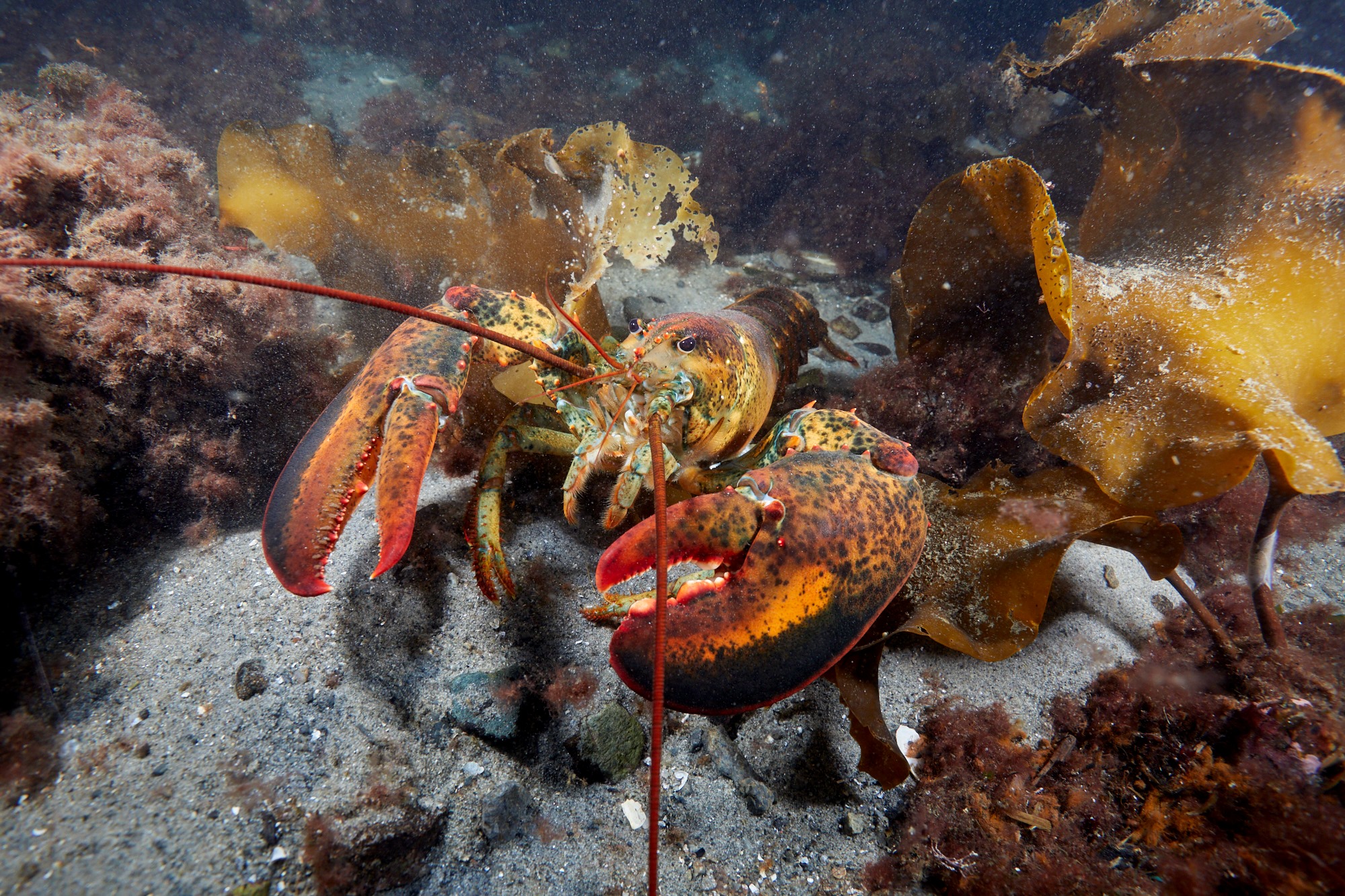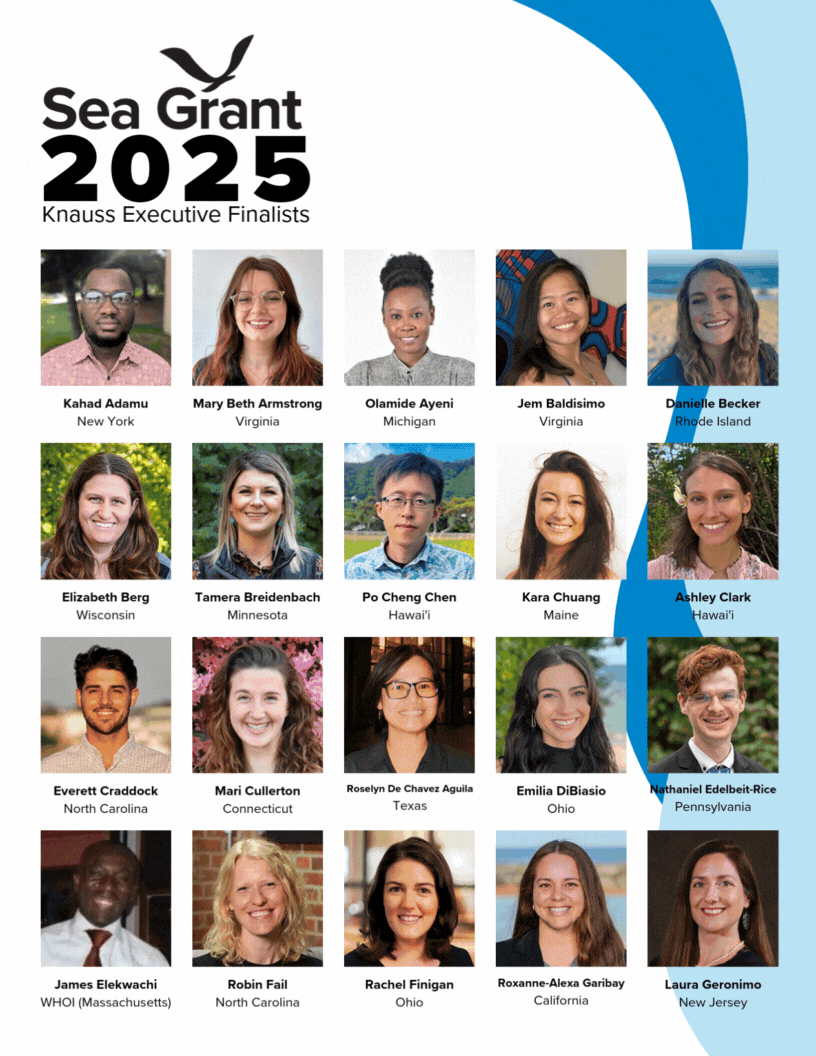By: Josie Lindsey-Robbins,
Knauss Marine Policy Fellow – Congressional Affairs Specialist,
NOAA Research Congressional Analysis and Relations Division
Coming from a small town in rural Missouri, Emily never imagined she would end up living and working near Washington, D.C. Today, Emily serves as the Director of Formulation and Congressional Analysis (FCA) for NOAA Research. She began her journey in NOAA as a 2005 Knauss Fellow, placed within the National Ocean Service in the suite of the administrative assistant, who was Dr. Richard Spinrad at the time.
“Most of what I ended up working on was staffing [Dr. Sprinrad] for the NOAA Ocean and Coasts Council and the Joint Subcommittee on Ocean Science & Technology,” Emily mentioned, “…a lot of my fellowship was spent in meetings and doing a lot of coordination.”
Emily continued to staff Dr. Spinrad for three years, coordinating meetings, taking minutes and managing schedules, and she even followed Dr. Spinrad to NOAA Research. During that time, she says the most beneficial professional development experience was the exposure to many different styles of leadership at the executive level.
“There are people who can think something entirely different from you but their approach can still be very effective,” she said.
Emily continues to use what she learned from Dr. Spinrad to shape her style of leading. She stated, “[Dr. Spinrad] was very clear about staying in your lane. You have a specific job to do, and each job is important. I’m going to give you what you need to do your job but then I am going to let you go do it.”
Turns out, leadership in an office is not so different from leadership in the wilderness. In their free time, Emily and her husband volunteer at Shenandoah National Park doing wilderness rescue, and Emily became trained in crisis management.
“All of the training we have done at [Shenandoah National Park] is assuming someone is hurt. We need to make sure we can get them out safely, while everyone else is safe also. Even if your role is carrying water, because it’s 85 degrees that day, and everyone else is carrying the injured person out, that role is just as important,” Emily explained.
In 2008, Emily switched positions to be a Budget Analyst for NOAA Budget, where she handled budgets for every NOAA line office except for NOAA National Marine Fisheries Service. “That was a fast-paced wild ride, especially being downtown during an administration change. I learned an incredible amount,” she said.
During her stint at NOAA Budget, Emily spent a great deal of time working with the High Performance Computing and Communications (HPCC) program. NOAA received funding in the 2008 stimulus package to purchase HPCC, which is critical for NOAA’s supercomputers to perform data assimilation and numerical weather prediction research. Emily helped them create budget initiatives and communicate with Congress.
In 2012, the HPCC Program offered Emily a job. She became their de facto Administrative Officer, dealing with their budget, strategic planning and congressional affairs.
“That was an incredibly good experience because I got the chance to learn how to make a program run. If I were talking about professional development with anyone on my team, I would tell them to do a turn through a program, where the rubber meets the road,” she said.
After 6 years at the HPCC Program, Emily was offered the position of Acting Director of FCA for NOAA Research, which is responsible for budget formulation and communicating with congress about NOAA Research’s science. She wasn’t sure she wanted to supervise, but she figured “You know what? I’m up for the challenge.”
When it comes to taking challenges head-on, Emily is no newbie. Emily is an avid cyclist, for example, and four years ago Emily and her husband biked the entire length of the Blue Ridge Parkway and Skyline Drive in Shenandoah National Park—a total of 630 miles in two weeks!
“That was our first really long bike tour, but now we think it would be really cool to bike across the United States,” she explained.
Now, Emily has been the Director of FCA for two years. She says the challenges of being a director and of her past positions are completely different.
“The technical aspects of the job are handled more by the people. It is more about making sure they have the support they need to do their job,” she said.
All in all, Emily says she wouldn’t change a single part of her journey.
“I have had amazing opportunities,” Emily said, “and you never know what might happen if you change something.”


